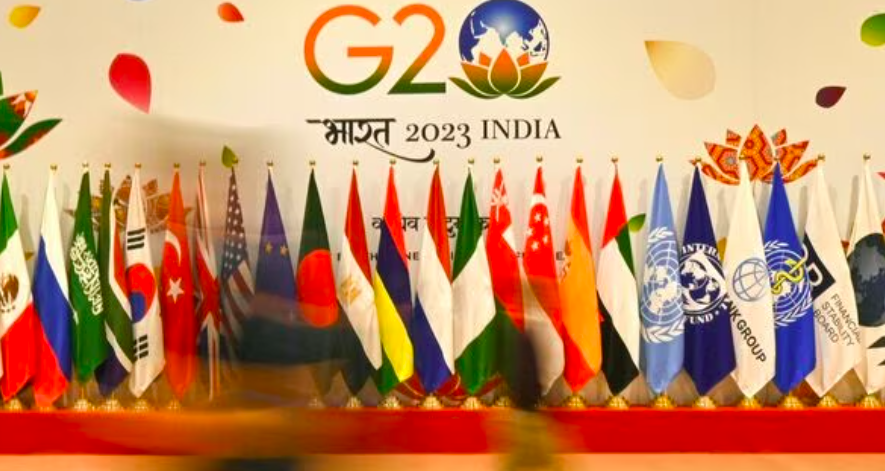By Tsering Dhundup
DHARAMSHALA, Sept 16: The G20 Summit held in Delhi last week wrapped up without any discussions on the Tibetan conflict, a long-standing political and humanitarian concern that has attracted global attention. Despite appeals and letters from numerous organizations and activists, the matter failed to secure a place on the summit’s agenda.
The G20 Summit, an assembly of world leaders to deliberate on global economic and political matters, concluded without addressing Tibet, leading to disappointment among advocates for Tibetan rights and freedom.
The Tibetan conflict has been a contentious topic in international politics for decades. China annexed Tibet, and is continuing its repressive policies that aimed to eradicate Tibetan identity, culture and way of life while vilifying their spiritual leader, the Dalai Lama. Human rights groups and Tibetan advocacy organizations have consistently called for greater international attention and action regarding the situation in Tibet, including discussions at prominent global forums such as the G20 Summit.
In the lead-up to the summit, various organizations and activists sent appeals and letters to G20 leaders, urging them to address the Tibetan conflict during the event. These appeals underscored the importance of human rights, religious freedom, and the preservation of Tibetan culture in light of Chinese government policies in Tibet.
A coalition of 143 Tibet-related rights groups, led by the advocacy group International Tibet Network and comprising organizations from Asia, Europe, the Americas, and Africa, collectively sent letters to G20 leaders, emphasizing concerns regarding China’s activities in Tibet.
The Tibetan Youth Congress (TYC), the largest pro-independence group, expressed its condemnation of China’s repressive policies in Tibet. They staged a protest campaign in Majnu-ka-Tilla, a Tibetan colony in Delhi, just a day before the G20 Summit convened in New Delhi.
The Tibetan Parliament-in-exile has urged G-20 nations to recognize Tibet as an occupied nation with its own independent and sovereign history. They have also called on these nations to refrain from endorsing China’s narrative by labelling Tibetans as a minority group, referring to Tibet’s occupation as an internal matter for Beijing, and declaring Tibet as part of China.










